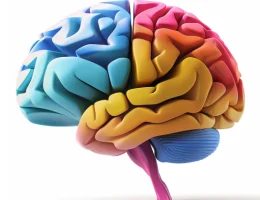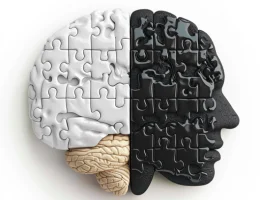The Tellegen & Briggs Formula 4 Calculator, available at Cogn-IQ.org, is a specialized tool designed to help professionals recalibrate and interpret scores from psychological assessments. It provides an efficient way to calculate the Tellegen-Briggs Index (TBI), which is particularly useful when standardization data is unavailable or limited. Background The Tellegen-Briggs …










